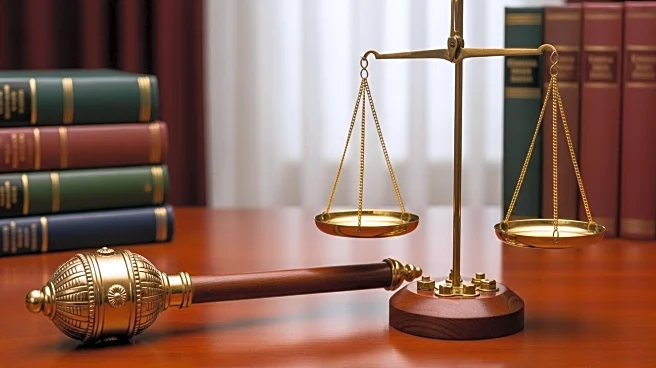What's Happening?
The federal and some state governments are increasingly attempting to dictate policies at American colleges and universities, including curriculum content, student admissions, and faculty hiring. This has led to a redefinition of the role of trustees, particularly in public institutions, as partisan operatives accountable to the government rather than the broader public. Critics argue that this undermines the independence of higher education institutions, which have traditionally operated without direct government control. The debate centers on whether elected officials should have influence over public campuses, which are partially funded by government resources, and the potential consequences of such influence turning into direct intervention.
Why It's Important?
The growing governmental pressure on higher education institutions raises concerns about academic freedom and the potential for censorship. Trustees play a crucial role in maintaining the independence of universities by acting as intermediaries between government entities and academic institutions. The debate highlights the tension between government oversight and the autonomy of educational institutions, which is essential for fostering an environment of free inquiry and innovation. The outcome of this debate could significantly impact the governance of higher education and the ability of institutions to operate independently of political influence.








